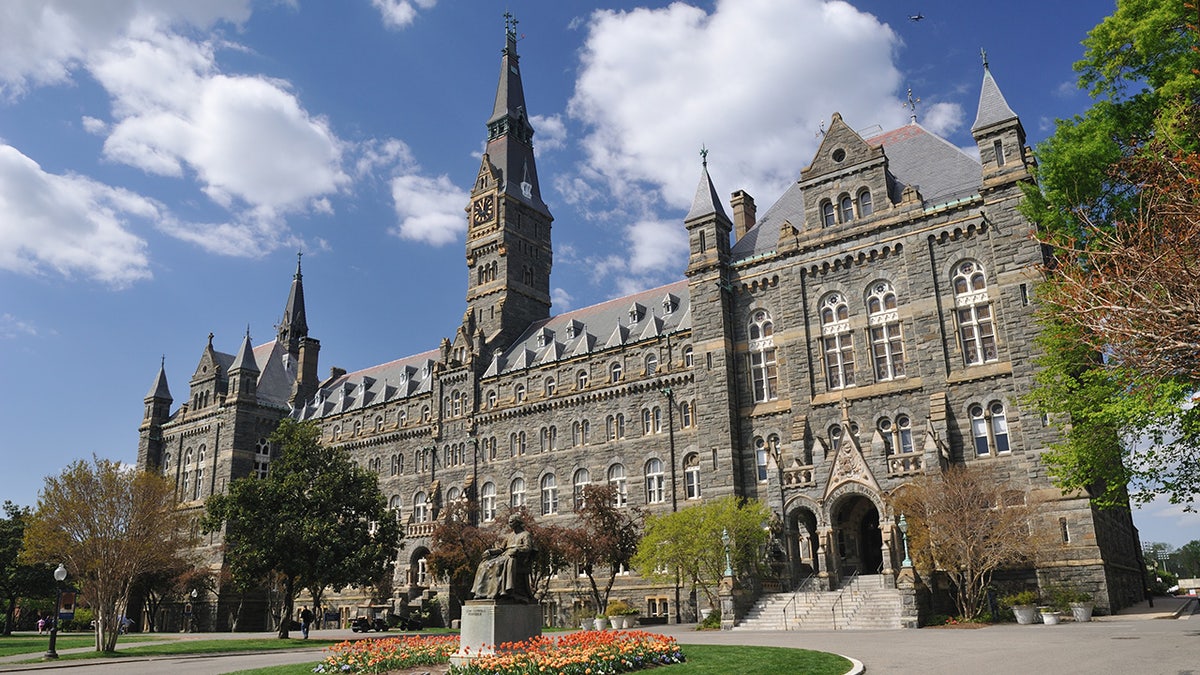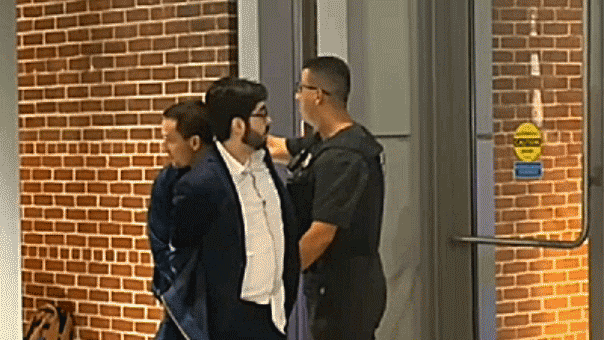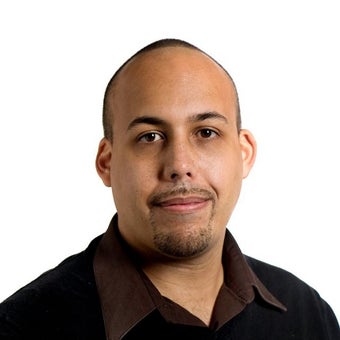Princeton student: Political views are being 'weaponized' on campus
Juniors at colleges across America address growing concerns regarding 'wokeness' on their campuses.
Colleges across the country are continuing to format learning environments amid a surge in cases of the omicron variant of COVID-19, installing restrictions that have interrupted campus life as some classes move online and student activities remain limited.
At Johns Hopkins University in Baltimore, students and staff will be required to wear either an N95 or KN95 mask or a combination of a cloth mask with a surgical mask upon returning to campus, the school announced Friday. Masks will be distributed at several locations around the university.
In addition, the school has imposed a Feb. 1 deadline for booster shots and students on campus will be tested twice weekly. Those returning to live on campus will be tested and required to quarantine until they get a negative result.
HBCU MEDICAL STUDENTS GIFTED $10,000 WITH CARES ACT FUNDING

Close up of sign for The Johns Hopkins University in Baltimore, Maryland. On Friday, university officials outlined a series of measures to begin campus life amid a surge in COVID-19 cases. (iStock)
Dining facilities will move to grab-and-go service and all nonacademic indoor events of 50 people or more through Feb. 6 will require special permission.
"COVID is a serious and exhausting challenge, but it is important to emphasize how much better prepared we are to face the virus now than we were when it first emerged almost two years ago," read the joint message from school officials.
Classes resume Jan. 24.
Several other universities have already announced plans to shift to online classes at the beginning of this year, including Duke University, American University, Georgetown University, Stanford University, Northwestern University, Belmont University, and most University of California system campuses.
In a letter to Georgetown school officials, the Conservative and Libertarian Student Association at Georgetown Law argued against virtual instruction since the school has implemented vaccine and mask mandates.

Healy Hall with the statue of Georgetown University founder John Carroll in front and some people walking in background. (iStock)
"Every student stepping on campus this upcoming semester will be fully vaccinated with boosters, unless they have received one of the University’s illusive exemptions," Luke Bunting and Elana Quint, co-presidents of the group, wrote. "If these vaccines are effective, as the school continually claims, why is virtual instruction – an option the University and Law Center acknowledge comes with significant costs to learning, engagement, and student wellbeing – even an option in a post-vaccine word?"
The opposition to remote learning has prompted some students to demand refunds or discounts from colleges.
Other higher education institutions have decided to push back return dates for undergraduates, including Princeton University, which extended its Jan. 7 date to Friday, Jan. 14. Students have had to submit to testing upon arrival in preparation for classes to start on Jan. 24.
The University of Texas at Dallas initially targeted Jan. 10 for students to return, but moved it to Tuesday to "assess the progression of the virus and … give our faculty, staff and students a bit more time to prepare if our instructional modalities have to be adjusted," the school said.
CLICK HERE TO GET THE FOX NEWS APP
Faculty members who were scheduled to teach in person are being asked to move their courses online, school officials said last week. The university will not conduct random COVID-19 testing, which will be available for those experiencing symptoms or who are in close contact with someone known or presumed to be have had COVID-19.












































